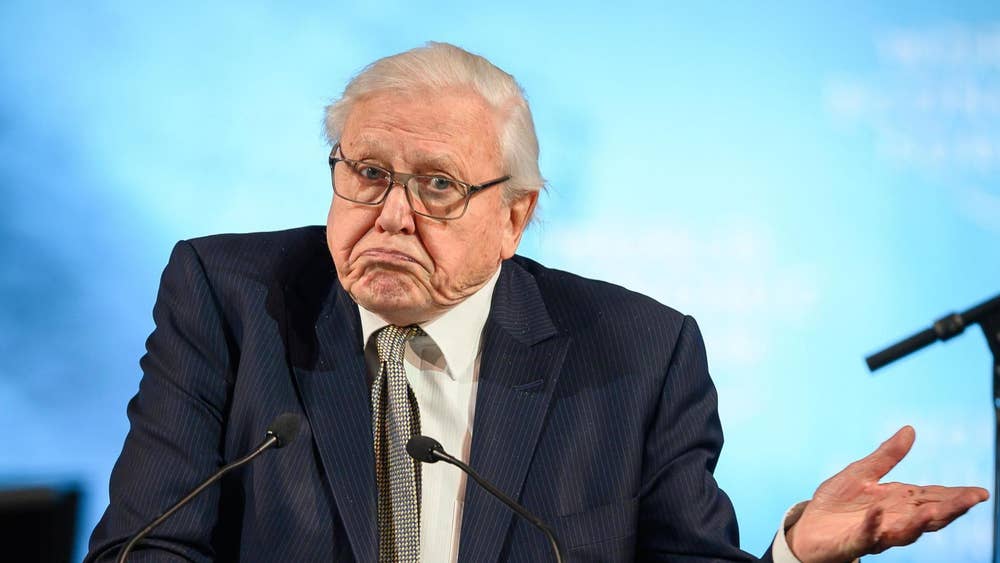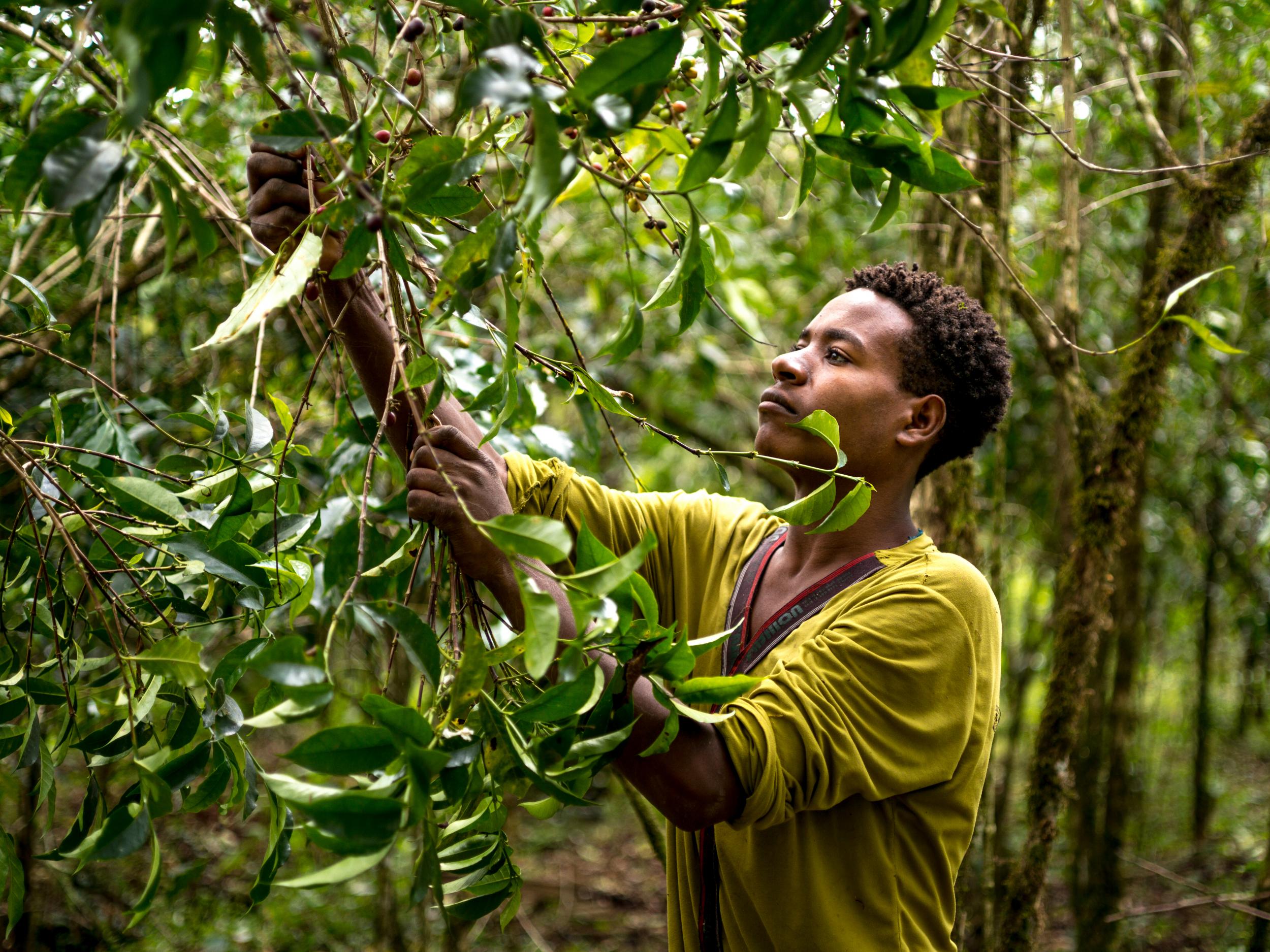https://www.independent.co.uk/environment/electronic-waste-recycling-un-report-landfill-phones-minerals-world-economic-forum-davos-a8744371.html
A “tsunami of e-waste” is engulfing the world as demand for cheap TVs, fridges and phones skyrockets, the United Nations (UN) has warned.
Last year electronic and electrical waste reached 50 million tonnes, more than the weight of all commercial airliners ever made. This figure is expected to double by the middle of the century.
While a fraction of this waste is recycled, the vast majority ends up on landfill, and a group of UN bodies has come together to call for a “global reboot” to tackle the growing problem.
E-waste often ends up being burned on dumps, often by some of the planet’s poorest people, with harmful consequences for both their health and the environment.
But the report released at the World Economic Forum in Davos, Switzerland, states that this waste also represents a vast, untapped resource.
Show all 8
Globally, e-waste is worth at least $62.5bn (£48bn) the annual equivalent of Kenya’s GDP.
Many devices are full of valuable materials that are ripe for recycling. In a tonne of mobile phones, for example, there is 100 times more gold than can be found in one tonne of gold ore.
Many of these minerals are considered in danger of running out and the environmental and human impact of mining new ones in places like the Democratic Republic of the Congo and China are enormous.
Currently, only around a fifth of all e-waste is formally recycled and while millions of people are thought to work informally recycling these materials, they are often exposed to dangerous working environments.
While a shift towards cloud computing and the “internet of things” is expected to result in fewer new materials being required, experts say there is also a need for more circular supply chains.
“Our planet’s survival will depend on how well we retain the value of products within the system by extending their life,” said Joyce Msuya, acting executive director of UN Environment
To do this, the coalition of groups behind the new report – which also includes representatives from business – called for industry, academia and civil society to unite to create new recycling infrastructure and boost the quantity of e-waste that is re-used.
They state the creation of appropriate policies cold yield millions of new jobs to replace the informal industry that currently exists.
As an example of this in action, a newly announced cash injection for the Nigerian recycling sector is intended to create formal jobs for the 100,000 people currently trawling through the nation’s e-waste.
“Thousands of tonnes of e-waste is disposed of by the world’s poorest workers in the worst of conditions, putting their health and lives at risk,” said Guy Ryder, director-general of the International Labour Organisation.







沒有留言:
張貼留言